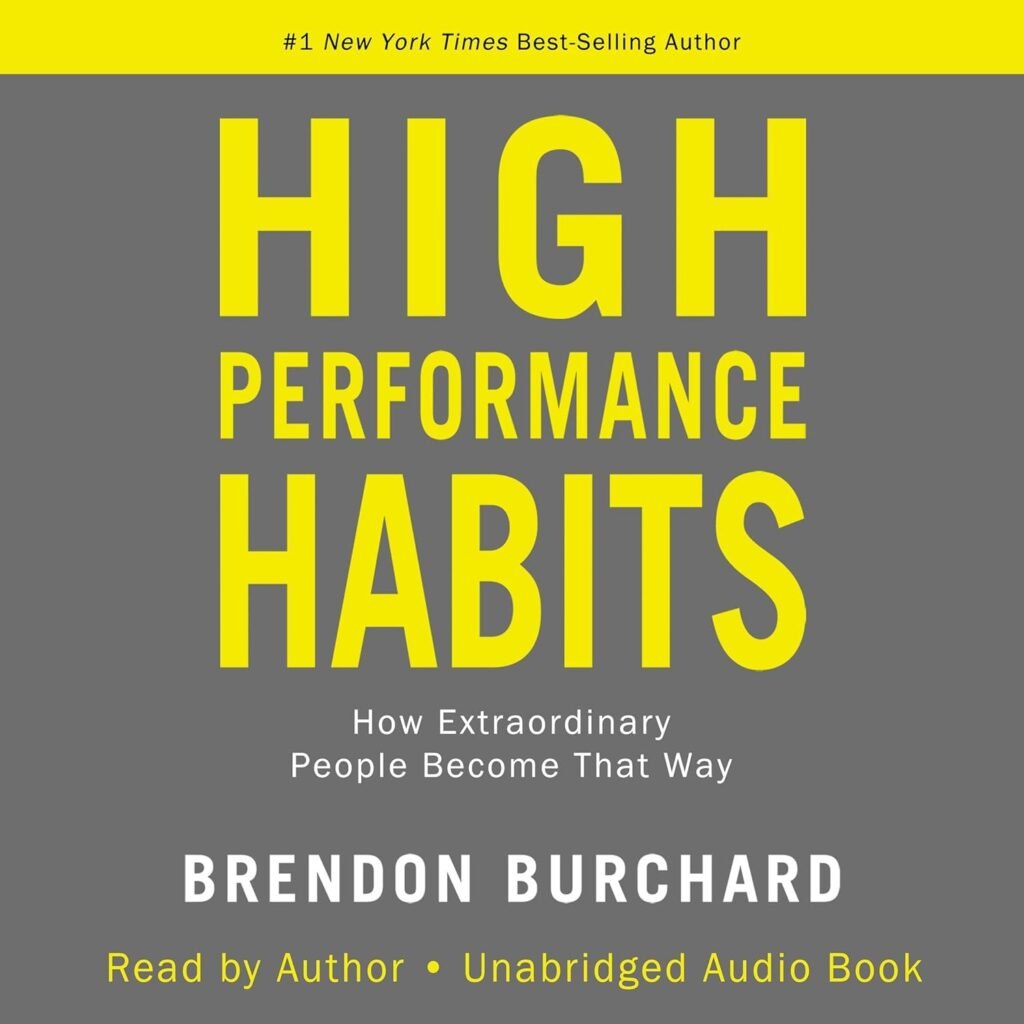Work stress is like that annoying coworker who somehow always finds a way to show up, even on your days off. Whether it’s looming deadlines, your boss’s third “urgent” email at 10 p.m., or the soul-sucking despair of meetings that could have been emails, work stress has become a permanent resident in our lives.
Here’s the thing: stress doesn’t clock out at 5 p.m. It stays with you—making you toss and turn at night, snapping at your loved ones, and turning your stomach into a full-blown carnival of nerves. If you’re reading this and thinking, “Wow, is this about me?”—congratulations, you’re part of the 83% of workers battling stress.
The stats don’t lie: according to the American Institute of Stress, 83% of US workers experience work-related stress, and it costs businesses over $300 billion annually due to its impact on health and productivity. This blog explores how work stress is affecting physical, mental, and social health and provides actionable strategies to combat it.
The Physical Impact of Work Stress
Stress doesn’t just stay in your head—it shows up in your body, too. And not in cute, quirky ways like needing an extra coffee or two. We’re talking about serious stuff like:
1. Chronic Fatigue and Sleep Disorders
Ever felt so drained after work that you’d rather argue with a telemarketer than cook dinner? That’s not laziness; it’s chronic fatigue. Stress messes with your sleep-wake cycle, making it impossible to get quality rest. You lie in bed, staring at the ceiling, wondering if you turned off your work laptop, only to fall asleep an hour before your alarm.
Remember that time you convinced yourself to go to bed early? But then you started replaying an awkward interaction with your boss from three years ago? Yeah, that’s cortisol whispering in your ear, “Sleep is for the weak.”
That’s because stress triggers the release of cortisol, a hormone that, in high doses, can mess with your sleep-wake cycle. Chronic exposure to stress means your body is in a constant “fight or flight” mode, making quality rest nearly impossible.

2. Cardiovascular Risks
Your heart doesn’t just beat for love; it beats for survival. But work stress makes it beat like it’s auditioning for a metal band. Elevated blood pressure, heart palpitations—basically, your heart’s way of saying, “I can’t keep up with this nonsense.”
You’re rushing to meet a deadline, heart racing, palms sweaty, knees weak (but unfortunately no mom’s spaghetti). Congratulations! You’ve just aged your heart by a couple of years.
Stress keeps your heart racing—literally. Prolonged work-related stress is linked to hypertension, increased heart rate, and a higher risk of heart attacks. It’s like putting your body in a never-ending treadmill sprint with no cool-down period.
3. Digestive Issues
Ever had a stress-induced stomach ache so bad it felt like your organs were fighting each other? Stress loves messing with your gut. It’s like that coworker who sends you passive-aggressive emails, except this one sends bloating and nausea instead.
You’re at lunch, enjoying your salad (because you’re trying to be healthy for once), but then you get a Slack notification about a “quick meeting” that’s definitely not going to be quick. Boom—suddenly, your salad feels like bricks in your stomach.
Stress disrupts your gut-brain axis, leading to indigestion, bloating, and even irritable bowel syndrome. Stress doesn’t just “make you sick”—it can actually make you sick.
Mental Health and Emotional Wellbeing
While stress wreaks havoc on your body, it also sets up camp in your mind. And let’s be honest: no one enjoys living in a mental circus.
1. Anxiety and Depression
Imagine this: you’re in a meeting, nodding along, but internally, you’re spiraling. Did you reply to that email? Did you use the right tone? Will they think you’re incompetent? Work stress turns your brain into a never-ending episode of Black Mirror.
You get a simple “Can we talk?” message from your boss. Rationally, you know it’s probably nothing. But emotionally, you’re already drafting an apology for crimes you didn’t commit.
Work stress is a key contributor to anxiety and depression. The constant pressure of meeting expectations or fear of losing your job can spiral into a never-ending cycle of worry. When was the last time you genuinely relaxed without checking emails?

2. Burnout
Burnout isn’t just about being tired; it’s about being done. You’ve hit the wall, and no amount of motivational quotes or coffee can fix it. It’s a full-blown state of mental, emotional, and physical exhaustion caused by prolonged stress. Symptoms include detachment, lack of motivation, and a feeling of “What’s the point?” in almost everything.
You open your laptop on Monday morning, stare at your inbox, and think, “If I get one more ‘per my last email,’ I’m throwing this computer out the window.”
3. Cognitive Decline
Stress doesn’t just make you forget where you put your keys; it makes you forget how to spell “keys.” Your brain feels like an old computer trying to run ten tabs of YouTube simultaneously.
Someone asks you a basic question like, “What’s your phone number?” and suddenly, you’re buffering. “Uh…give me a second.”
Remembering what you were supposed to do five minutes ago becomes an uphill battle. Chronic stress impairs memory and decision-making, making you less productive at work and more frustrated with yourself.
Social and Behavioral Changes
Stress doesn’t just affect you. It leaks into your relationships, changing how you interact with friends, family, and colleagues.
1. Strained Relationships
When you’re stressed, you don’t just snap at your coworkers—you snap at everyone. Your partner asks if you want takeout, and suddenly, you’re yelling about how you’re always the one who has to decide.
Your friend invites you out for drinks to unwind, but instead of relaxing, you spend the whole evening ranting about Susan from accounting and her unnecessary PowerPoint animations.
Stress can make you snappy, irritable, or emotionally unavailable. Over time, this can strain your personal and professional relationships. Imagine being in a meeting while internally screaming—sound familiar?
2. Unhealthy Coping Mechanisms
Stress eating is real, and no, eating an entire pint of ice cream doesn’t count as “self-care.” You know it’s bad when the guy at the liquor store recognizes you and asks, “Long day at work?”
After a tough week, you promise yourself you’ll unwind with “just one” Netflix episode. Cut to four hours later, and you’re halfway through season three of a show you don’t even like.
Work stress often leads to unhealthy habits like overeating, excessive drinking, or smoking. These behaviors provide temporary relief but worsen your health in the long run.
3. Social Withdrawal
Stress makes you cancel plans faster than you can say, “I need a night in.” Suddenly, even small talk feels exhausting, and the thought of socializing makes you want to curl up in bed.

Your group chat is buzzing with weekend plans, but instead of replying, you leave them on read because “What if I don’t have the energy to fake a smile?”
Chronic stress can make socializing feel like an uphill climb, leading to isolation and even loneliness.
Strategies to Combat Work Stress
Now that we’ve gone through the terrifying side of work stress, let’s talk solutions. Because, the kicker: there’s hope.
1. Time Management Skills
Let’s face it—procrastination is a stress monster’s best friend. Learn to prioritize tasks, break large projects into smaller steps, and set realistic deadlines. Tools like Trello and Notion can help you organize your workload efficiently.
Stress thrives in chaos, so the more organized you are, the less room stress has to grow. Start small—make a to-do list. Bonus points if you add something you’ve already done, just for the satisfaction of crossing it off.
Your boss gives you ten tasks at once. Instead of panicking, you whip out your list and tackle them one by one. Suddenly, you’re the CEO of efficiency.
2. Physical Activity
You don’t need to become a gym rat to feel the benefits of exercise. Even a quick walk around the block can clear your head. Plus, it’s the perfect excuse to avoid your coworkers for 15 minutes and you’ll get the added bonus of feeling smug about being active.
You’re pacing around your living room with a podcast, pretending you’re on an important call. Meanwhile, your Fitbit is like, “Look at you go!”
3. Mindfulness and Meditation
Before you roll your eyes, hear me out: mindfulness isn’t about sitting cross-legged on a mountain chanting “om.” It’s about grounding yourself in the present moment. Apps like Headspace or Calm make it easy to start a 5-minute daily practice.
Meditation isn’t about becoming a Zen master—it’s about giving your brain a five-minute vacation. Think of it as a mental nap without the risk of accidentally sleeping through your next meeting.
Your coworker’s been typing loudly for an hour, and you’re ready to snap. Instead, you close your eyes, take a deep breath, and imagine a world where everyone has silent keyboards.

4. Set Boundaries
Boundaries are your best friend. Stop replying to emails after hours, and no, you don’t have to attend every optional meeting. Saying no doesn’t make you a bad employee; it makes you a sane one. Setting boundaries means saying no when your plate is full and defining your work hours clearly. It’s not selfish; it’s survival.
Your boss sends you a task at 6 p.m. Instead of diving in, you reply, “I’ll get to this first thing tomorrow!” and log off with zero guilt.
5. Seek Professional Help
Sometimes, talking to a therapist is the best decision you can make. They’re like a personal trainer, but for your mental health. Plus, venting to someone who isn’t your dog can be surprisingly effective. They can provide coping strategies and help you process your stress in healthy ways. Remember: asking for help is a strength, not a weakness.
Your therapist gives you advice like, “Maybe don’t let Susan’s PowerPoint animations ruin your day.” And suddenly, you’re free.
Conclusion
Work stress isn’t just annoying—it’s dangerous. It affects your health, your relationships, and your ability to enjoy life. But the good news is, it doesn’t have to win. By taking small, intentional steps, you can manage stress and protect your wellbeing.
If you’re ready to take control, check out this stress management guide for more tips and resources.


